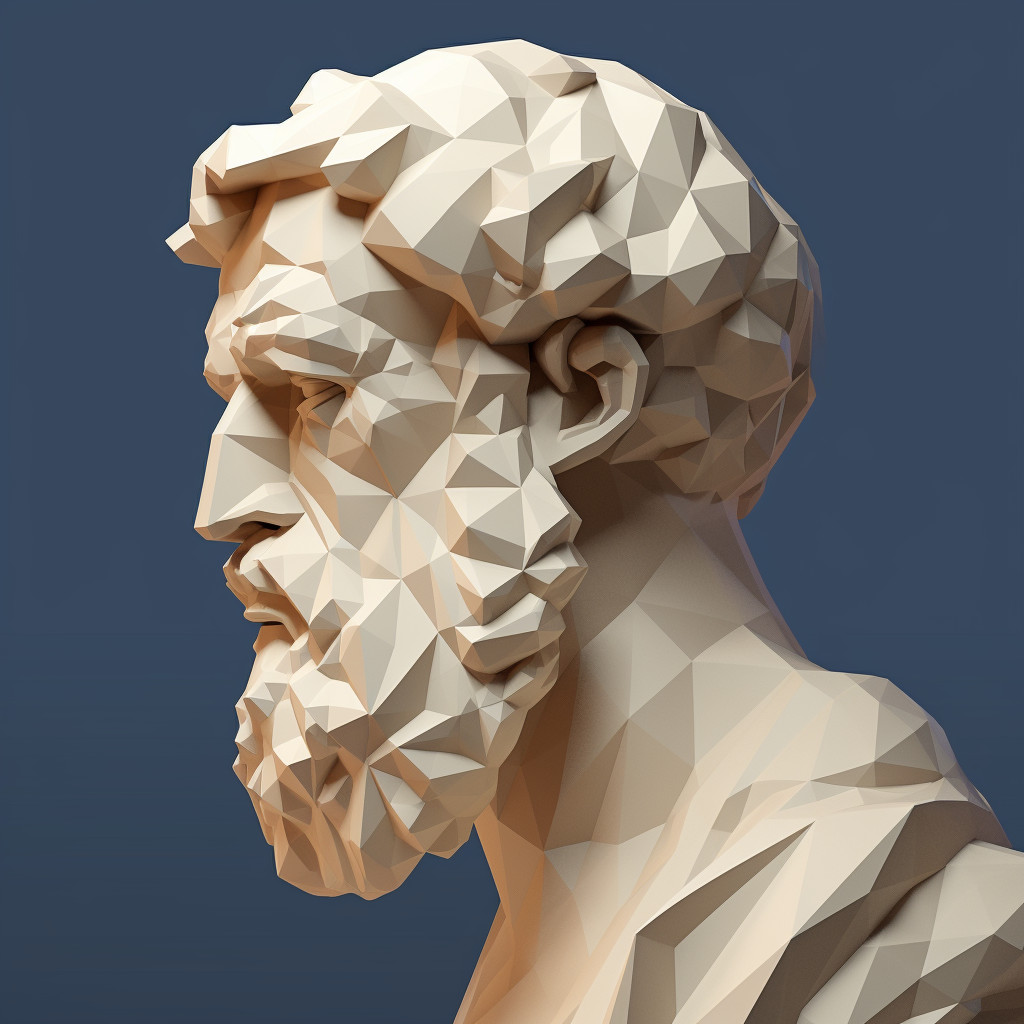This quote essentially means that a doctor’s role is not to coerce or convince their patients into certain treatments or behaviors. The physician’s duty is to provide the best possible care, advice, and options based on their expertise, but the ultimate decision should be left to the patient. This is rooted in the principle of autonomy, one of the four fundamental principles of medical ethics, which emphasizes that patients have the right to make informed decisions about their own healthcare.
In the context of today’s world, this quote is highly relevant. In the era of the internet, where information is easily accessible, patients are more informed and involved in their healthcare decisions than ever before. However, the danger lies in the fact that not all information available online is accurate or reliable. Therefore, it is crucial for physicians to guide their patients towards credible sources and help them make informed decisions, but without imposing their own views or preferences.
In terms of personal development, this quote can be interpreted as a reminder of the importance of autonomy and informed decision-making. Just as a patient has the right to make decisions about their health, individuals have the right to make decisions about their lives. Others can provide advice, share their experiences, and offer guidance, but ultimately, the decisions about one’s life should be made by the individual themselves. It highlights the importance of self-agency, critical thinking, and informed decision-making in personal growth and development.







